Taylor Austin ’24 meets Sigourney Weaver, donates art to College
Campus News
Last October, film studies grad Taylor Austin ’24, of Milford, New Hampshire, attended Out of the Mist, a fundraiser at The Explorers Club in New York City.
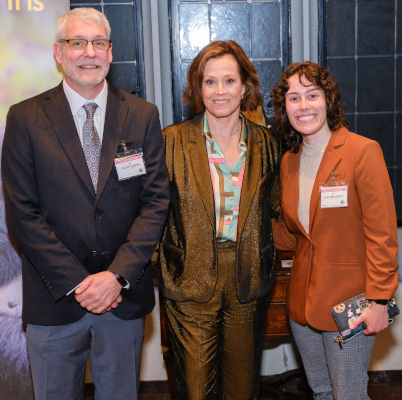
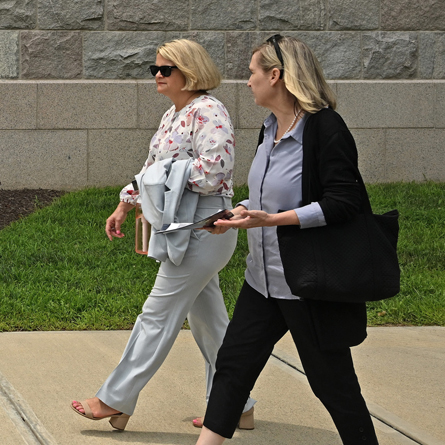
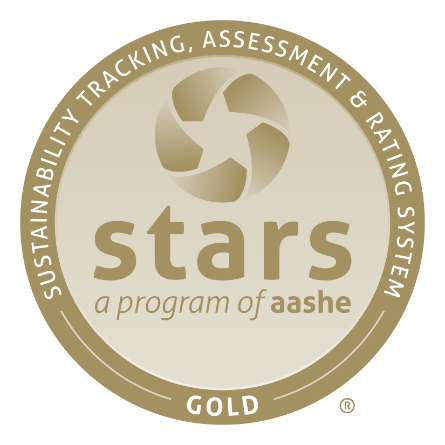
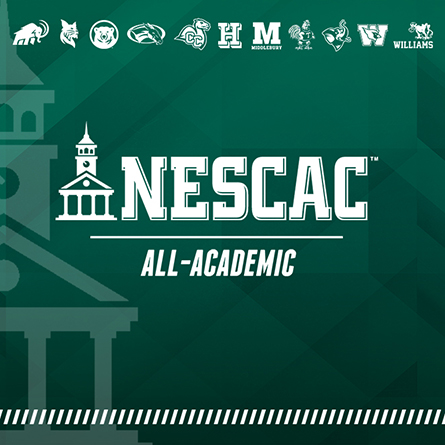
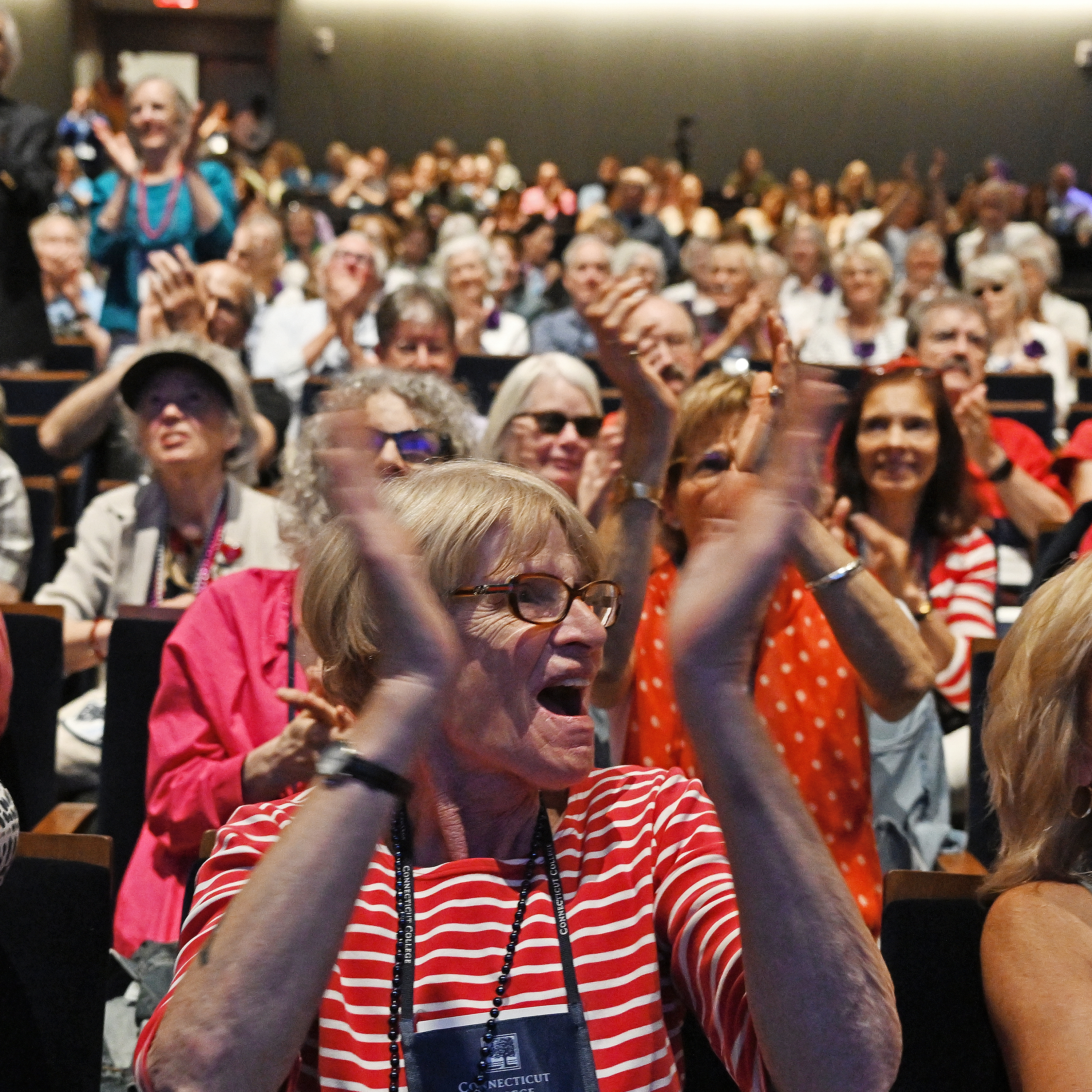


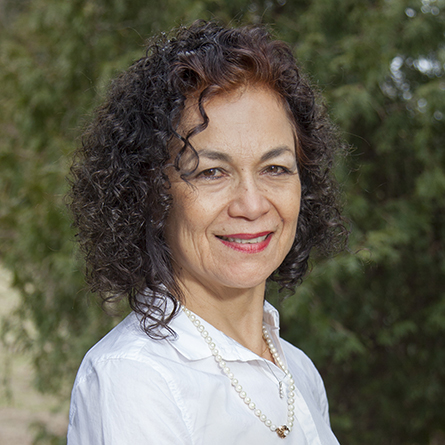
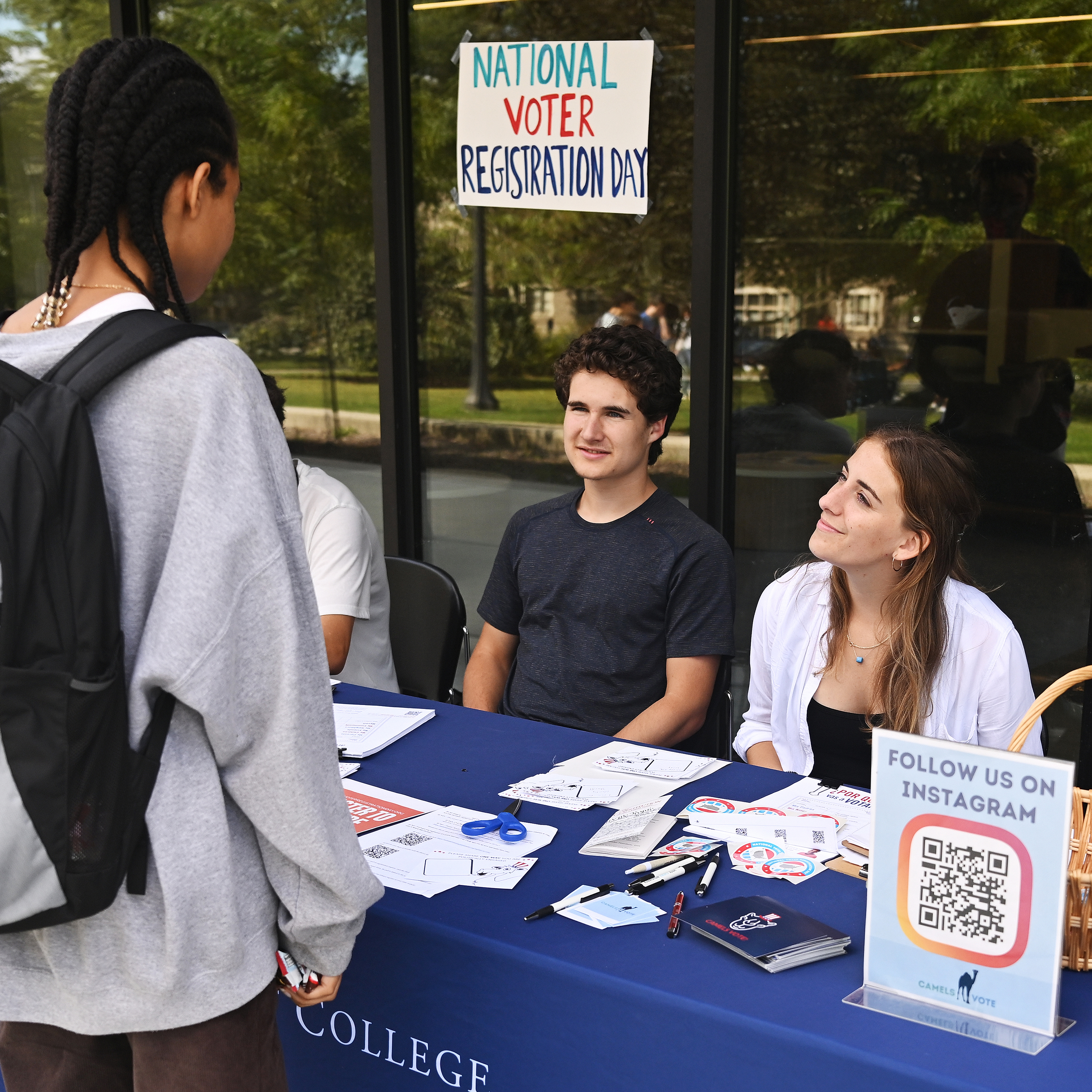
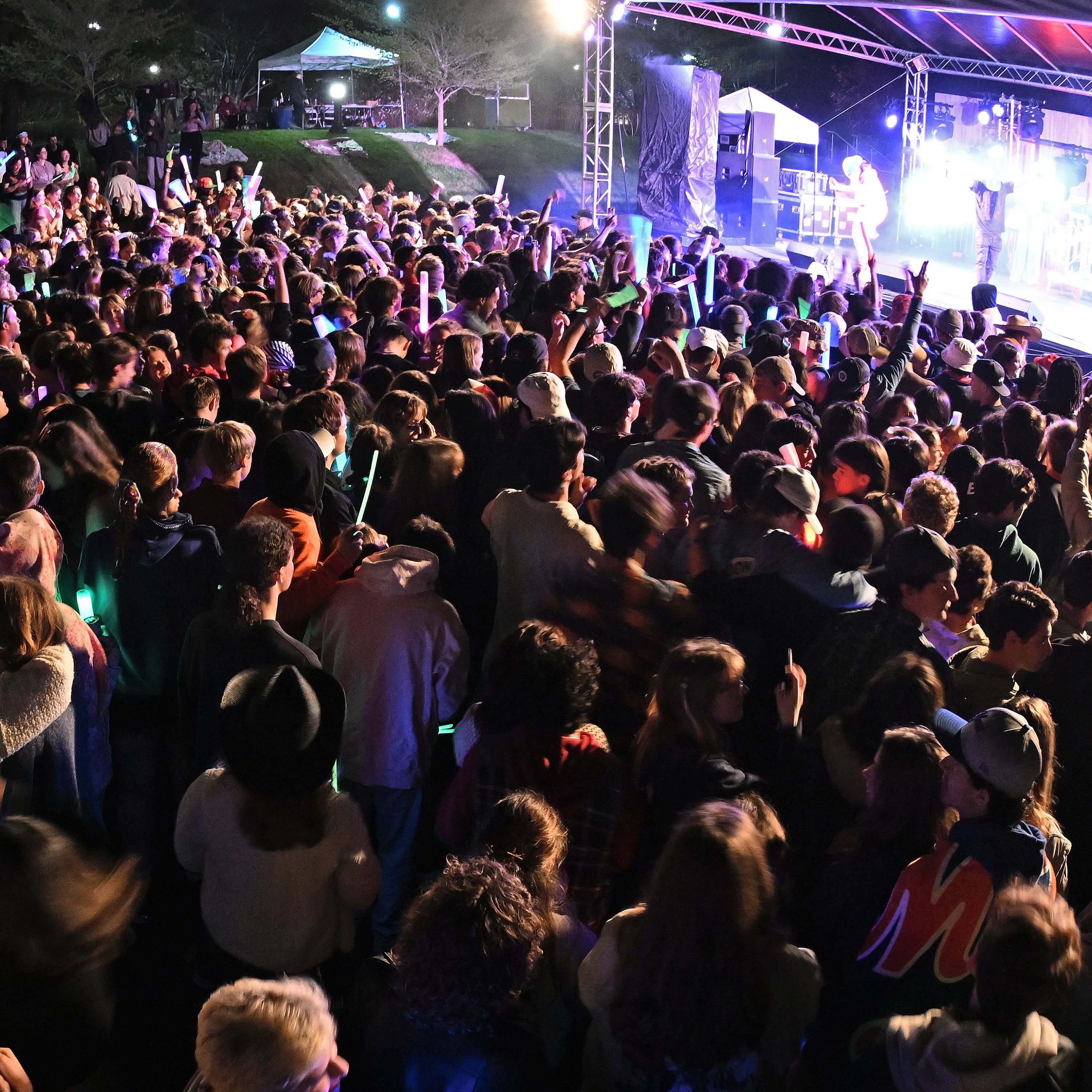
Marketing and Communications
Mailing Address
Connecticut College
Office of Marketing and Communications
270 Mohegan Ave.
New London, CT 06320
Campus Location
Becker House
Office Hours
M-F 8:30 a.m - 5 p.m.